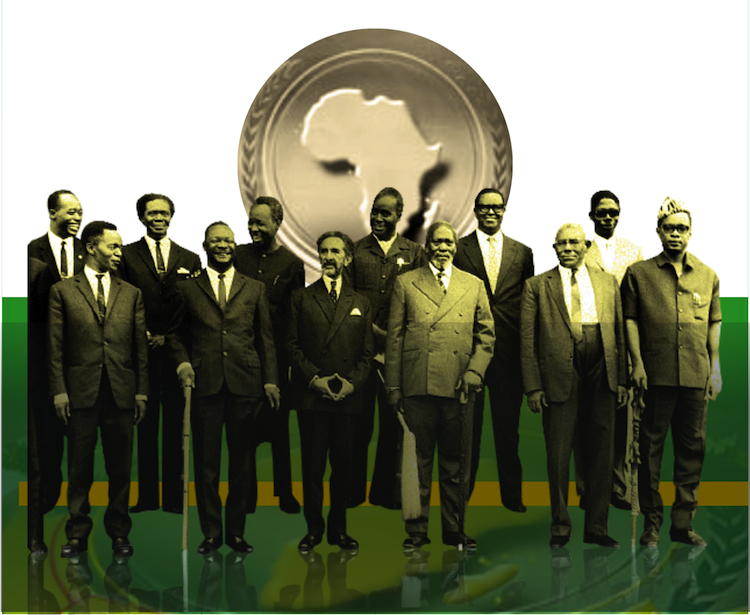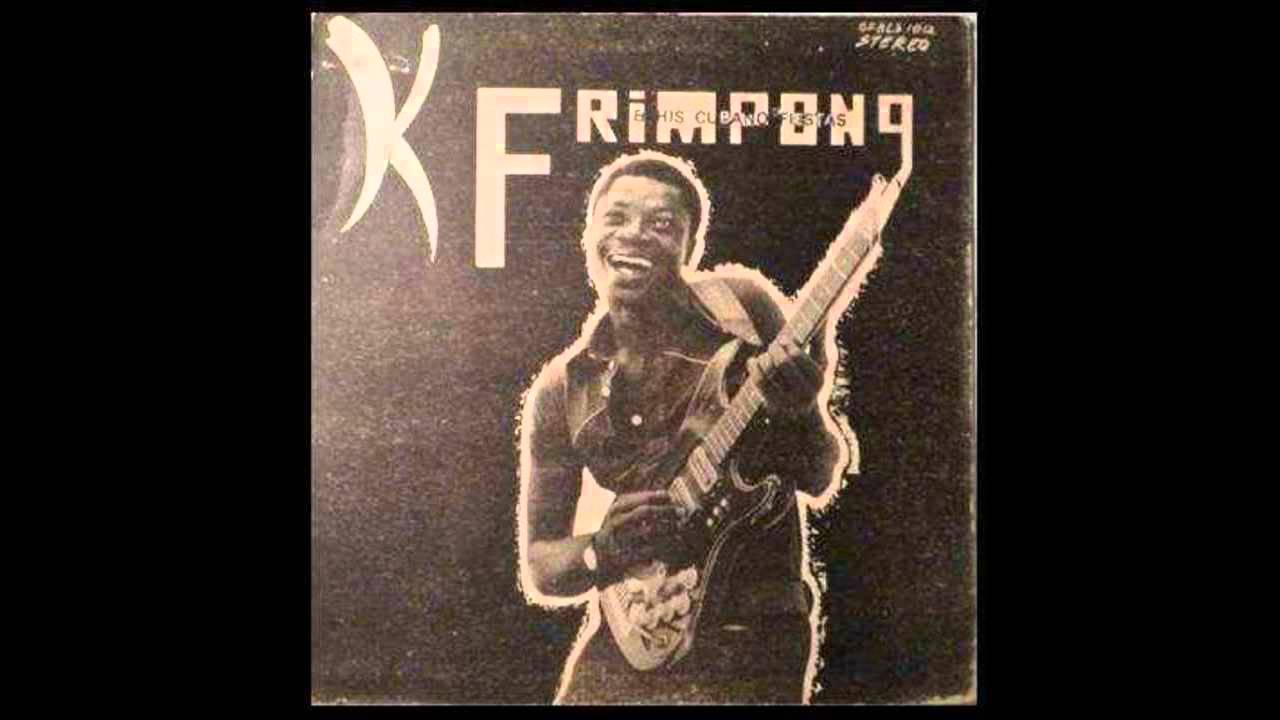Back in the Day: On the Organization of African Unity
[embed]https://soundcloud.com/crossatlantic/oau-welcome-to-liberia[/embed] The Creator has given us this share of the earth that goes by the name of the African continent; it belongs to us and we are its only masters. - Patrice Lumumba, African Unity and National Independence, 1959By 1963, there were thirty-two liberated African nations. For any newly freed nation, the question of, "what now?" always arises, as forming policies and a flourishing nation post-colonialism is a hard task. One must understand how to unbind the country from the damaging grasps of white-colonial policies. The question of "what now?" was proposed in two ways; The Cassablanca Bloc of 1961, which comprised of the so-called progressive states Ghana, Libya, Mali, Algeria, Guinea and Egypt, who believed in a federation of African states. Nkrumah, perhaps the most radical of them, also believed that a united African army would protect itself from colonialism. The second asking of "what now?" came in the form of The Monrovia Bloc, consisting of Liberia, Nigeria, Senegal, Cameroon and other nations who believed in Pan-Africanism, however did not believe in a federated continent.These two groups merged and on May 25, 1963 in Addis Ababa, Ethiopia, these thirty-two African nations established the Organization of African Unity. The purpose of the OAU, was to, above all, create a better life for Africans. Member nations thought this possible through the objectives of the OAU Charter. By ridding the continent of white-colonial rule and apartheid, maintaining the sovereignty of the Member States and creating a coordinated political, economic, civic and social policies, the OAU felt true African liberation could exist.The Founding Fathers of the OAU Are:Kwame Nkrumah, GhanaWilliam Tubman, LiberiaHIM Emperor Haile Selassie I, EthiopiaAhmed Ben Bella, AlgeriaCoutoucou Hubert Maga, Dahomey (now Benin)Maurice Yaméogo, Burkina FasoKing Mwami Mwambutsa IV, BurundiAhmadou Ahidjo, CameroonDavid Dacko, Central African RepublicFrançois Tombalbaye, ChadJoseph Kasa-Vubu, DR CongoFulbert Youlou, Republic of CongoFélix Houphouët-Boigny, Ivory CoastGamal Abdel Nasser, EgyptLéon M'ba, GabonAhmed Sékou Touré, GuineaIdris I, King of Libya, LibyaHamani Diori, NigerNnamdi Azikiwe, NigeriaGrégoire Kayibanda, RwandaLéopold Sédar Senghor, SenegalMilton Margai, Sierra Leone (Margai was a Prime Minister, Sierra Leone was a commonwealth until 1971Aden Abdullah Osman Daar, SomaliaIbrahim Abboud, SudanSylvanus Epiphanio Olympio, TogoHabib Bourguiba, TunisiaEdward Frederick William David Walugembe Mutebi Luwangula Muteesa II, UgandaPhilibert Tsiranana, MadagascarModibo Keïta, MaliMoktar Ould Daddah, MauritaniaJulius Nyerere, Tanganyika, now TanzaniaWe Must Unite or Perish. - Kwame Nkrumah, Speech to the OAU, May 24, 1963Fifty three years after the creation of the OAU, the state of Africa as a continent is both disheartening and inspiring. Most of the leaders who founded the OAU are long gone, most by deception, exile or death. White-colonial rule has reinvented itself in various forms and still plagues us in the form of debt, foreign investors, foreign aid and missionaries, to name a few. Outside of the foreign detriment to the continent, many African leaders have sold their countries to the highest bidder in exchange for wealth; leaving a vulnerable and weakened continent.We must ask ourselves, what was the struggle for and how will that struggle not be in vain? As the child of immigrants, my African identity has always been important and a large factor in knowing myself. I am an African because it was born in me - to paraphrase Nkrumah. The pride that comes with being an African must not just be in name, but also in action. It is important that we use ourselves to the fullest capacity to ensure the longevity and prosperity of that great Continent. What does Africa Day mean to you? Song: OAU Welcome to Liberia (The Theme Song for 1979 OAU Conference, held in Monrovia, Liberia)Artist: The Liberian DreamAlbum:Writer(s): C. Alake Williams, Zack Roberts, Joseph Toomey, Geebah Swaray, Evan Dukuly and E. Tonieh WilliamsReleased: 1979


